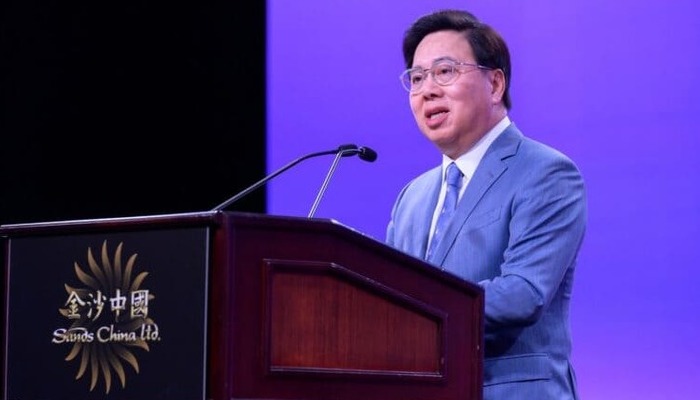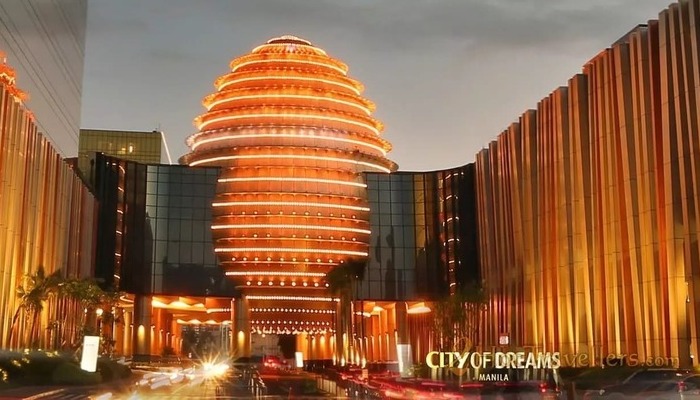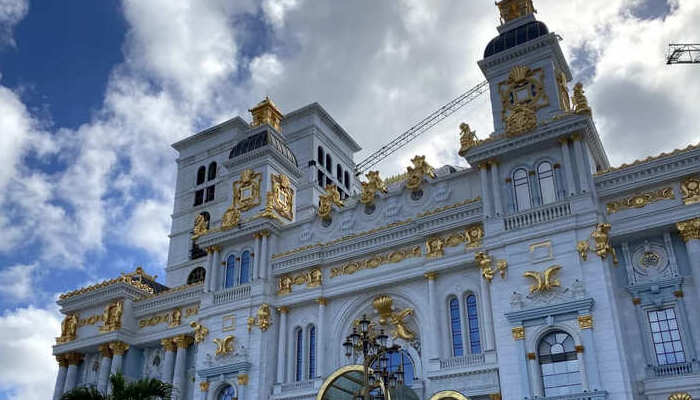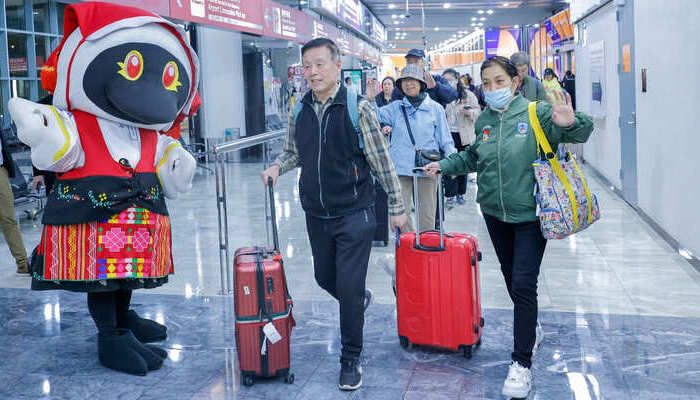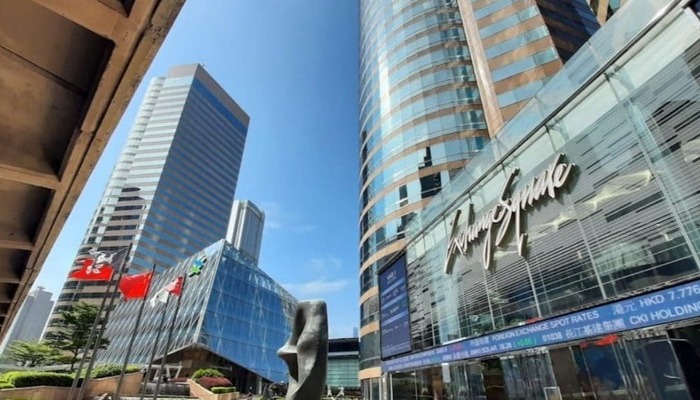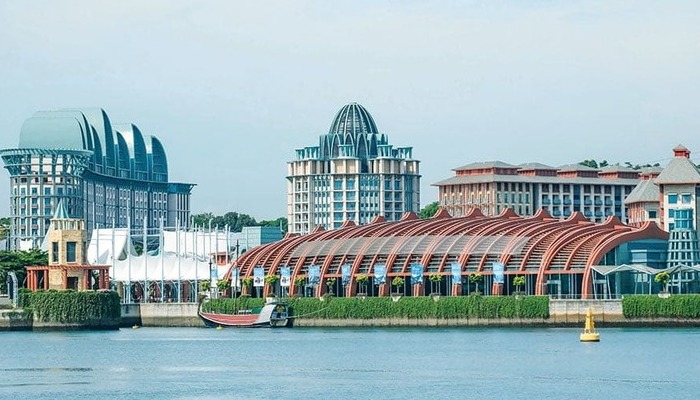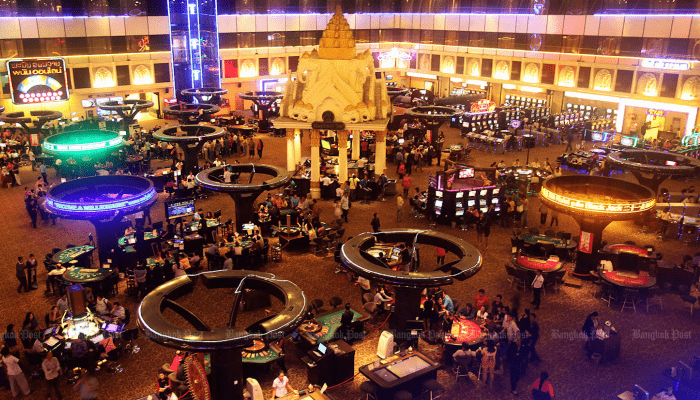
The Fate of Casino Entertainment Complexes in the New Thai Administration
As a younger generation of politicians seeks to further their political agendas, Daniel Cheng, senior gaming executive and author of “Japan Casino Uprising”, examines in-depth the outcomes of Thailand’s most recent elections and the potential effects that the country’s desire for casinos may arise from the shifting political winds.
The Kao Klai Party (Move Forward Party), which won in stunning fashion in the weekend’s national elections in Thailand, proved that it is moving forward with grace. Resurrected from the Future Forward Party, which the constitutional court disbanded in 2020 over allegations of election fraud, the progressive party triumphed on its platform of overthrowing the status quo and promoting social and economic equality, nearly doubling the number of parliamentary seats it had won in the previous election in 2019.
The Move Forward Party surprised pollsters by outperforming the Pheu Thai Party to take 151 seats nationwide in a wave, orange-washing the capital, Bangkok, along the way, save for one seat, according to Election 66 results released by the Election Commission. Pita Limjaroenrat, 42, is the prime minister-elect of Thailand.
As Paetongtarn Shinawatra’s Pheu Thai won 141 seats, the political dynasty of the Shinawatra family will have to settle for the runner-up sash and no third prime minister for the time being. Phalang Pracharat, the leader of the current government coalition, limped home with only 40 seats, while Bhumjaithai, the next-closest competitor, only succeeded in winning less than half the seats of the top two. With 36 seats, the United Thai Nation Party, the current prime minister Prayut Chan-o-cha’s new political vehicle, performed worse.
The dwindling, once-proud old Democratic Party, which only holds 25 seats, is gradually becoming irrelevant. When Pheu Thai declared the following day that it had agreed to establish an alliance government with the Move Forward Party and four other smaller parties to create a majority bloc of 309 out of the 500-seat House, any concerns about an uneasy political union were immediately allayed. Please pray that the depleted Prayut won’t be so bold as to attempt to establish a minority government with the aid of his hand-selected 250 senators in order to grab power.
Implications for the construction of casinos
In order to carry out its first 100-day roadmap, which the Move Forward Party unveiled two weeks before election day, and fulfill its 300-point promise to implement new policies covering political reform, streamlining the civil service, improving public health and welfare, quality of life, education, the agriculture sector, the environment, and the economy, the government will have to get started right away. Regarding the final goal, the idea from both political parties to bring casino entertainment complexes to the country might assist the economy receive up to 1 trillion baht in investments and strengthen Thailand’s position at the top of the regional tourism industry.
Regional economic revival will be a key pillar of the ruling coalition, which is good news for the building of entertainment complexes in Pheu Thai’s voting base in the northeast area and the north, where they shared the electoral gains with MFP. Due to their proximity to Bangkok and developing infrastructure as a result of their endowment under the Eastern Economic Corridor development plan, the provinces along the eastern seaboard are a constant favorite among casino investors.
Due to MFP’s victory in the election, the Gulf of Thailand provinces of Chonburi and Rayong will be strong contenders for large-scale casino resorts. The MFP has gained control of Phuket’s tourism crown jewel at the expense of the departing Phalang Pracharat Party. Even while the island’s reputation as the richest province may not work in its favor, this will feed more optimism about the island’s potential to host one of the entertainment complexes.
The plans of the previous administration may be in danger if the power structure changes. The Prime Minister Prayut-developed 20-year national strategy plan will be scrapped. It is certain that the well known deregulation of cannabis that Bhumjaithai supported would be reorganized with measures to guarantee the plant is solely used for therapeutic purposes.
Because of their potential to act as a stimulant for Thailand’s crucial tourism industry, which contributed 11% of the country’s GDP in 2019, entertainment complexes may escape the ax. The fact that several political groups on both sides of the political spectrum advocated for the legalization of casinos bodes well for the plan being implemented by the new Thai administration. Four of the eleven motions in support of it submitted to the House of Representatives came from opposition parties at the time, including the MFP and Pheu Thai.
New people, new concepts
The election on Sunday, however, resulted in the removal of several of the plan’s guardians from the 60-member parliamentary extraordinary committee; this might halt the plan’s momentum and continuity. If it goes through, it might have a different appearance from the suggestions made in the committee’s report. For instance, the smallest of the three entertainment complex variations might be abandoned because it is unworthy and only serves to increase the wealth of the local chieftains in the rural areas.
The average age of an MFP lawmaker is 13 years younger than that of other political parties, and this younger generational makeup of the new faces in power may necessitate a more revolutionary value offer from investors for the Thai entertainment complex model.
Bid adieu to outdated stereotypes such as ominous neon facades, soapy massage parlors, and the hegemony of large corporations. The successful Thai entertainment complex licensees will be those who adhere to a modernized version of Thai soft power, support regional small companies, are environmentally conscious, and value innovation and cutting-edge technology.
The “good politics” of MFP guarantee better openness and a more equitable due process for investors. The timely rise of “Nayok Pita” might be exactly what integrated resorts need to up their game and pave the way for Thai Entertainment Complexes, the next generation of casinos.
Other Interesting Articles
 Philippines Detects 3 More Cases of Omicron Subvariant Arcturus; Total Now 4
Philippines Detects 3 More Cases of Omicron Subvariant Arcturus; Total Now 4May 16, 2023





